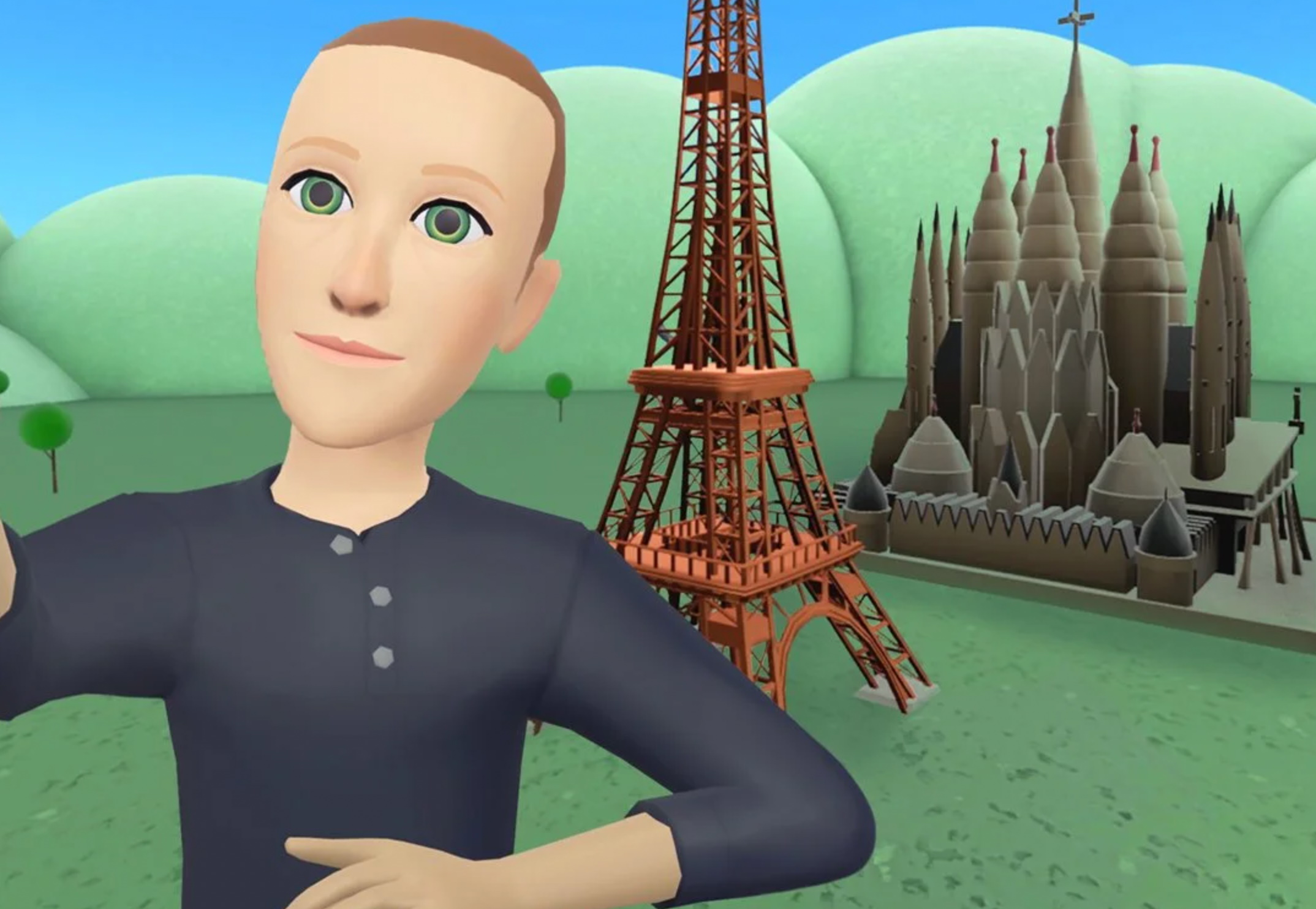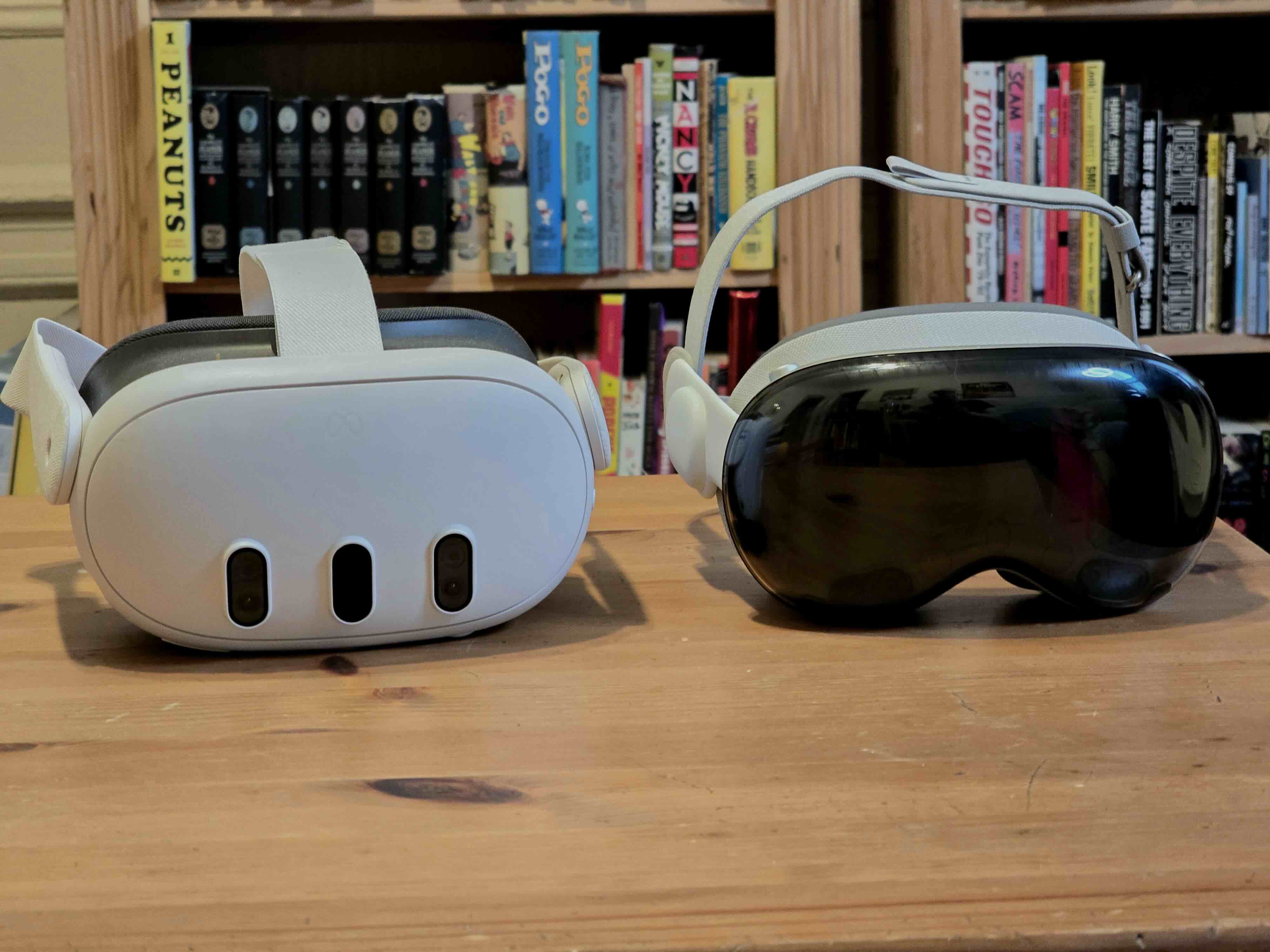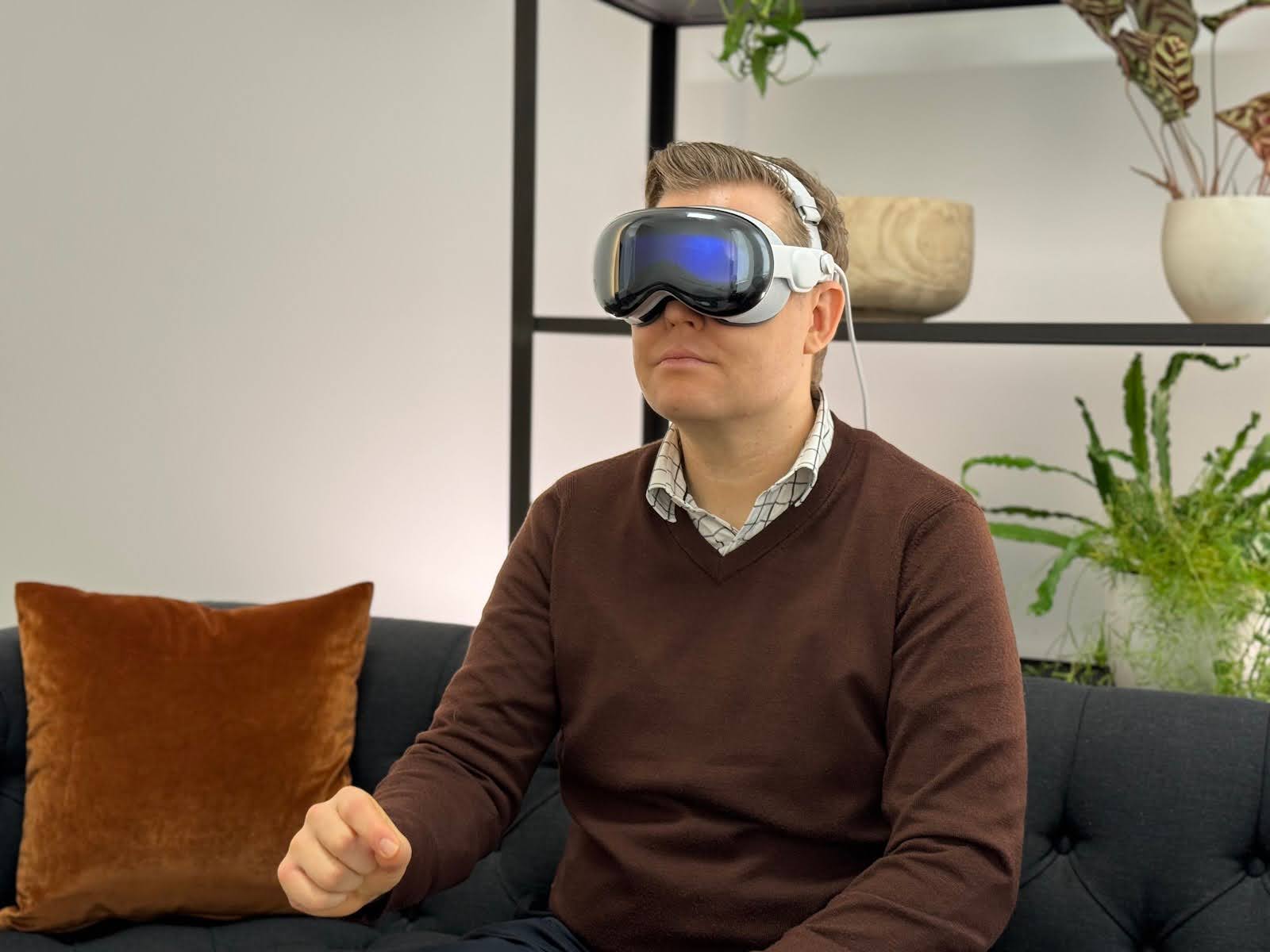every year, time The magazine publishes a list of the 200 best inventions of the past 12 months. Honestly, I don’t know how editors do it. The dirty secret of this job is that truly game-changing inventions rarely come across the desk. In fact, you’re very lucky if you get an average of one per year.
When Oculus’ Rift prototype first caught my attention more than a decade ago, it felt like just such a device. More than anything else, the system resembled a hastily duct-taped ski mask. Looking back, it was an amazing presentation. It was a rare glimpse into the courageous entrepreneurial spirit of technology. This conjures up a flood of romantic images of homebrew computer club geeks soldering circuit boards together in South Bay garages.
It’s been 10 years since Meta (née Facebook) announced plans to acquire the startup for $2 billion. A decade after the deal was announced, it’s safe to say that VR headsets haven’t changed the world we live in. But there is always a little-discussed middle ground between transforming the human condition and simply becoming a miserable dump of failure. So where does the Facebook/Oculus deal rank as of April 2024?
At the time, Mark Zuckerberg wrote, “Immersive games will be the first. Oculus already has big plans that won’t change, and we hope to accelerate them.” “Once the games are finished, we will make Oculus a platform for a variety of experiences. “Imagine enjoying a courtside seat at a game, studying in a classroom with students and teachers from around the world, and consulting directly with a doctor, all just by wearing goggles at home.”

Image Credits: David Fitzgerald/Sportsfile/Getty Images
The Facebook founder called Oculus Rift a “new communication platform,” comparing it to previous computers, the Internet, and smartphones. He suggested that the “science fiction dream” was now a reality. Facebook suddenly pushed that dream forward. It’s hard to overstate how groundbreaking Zuckerberg believes this technology is. After all, it was the gateway to the metaverse.
If anyone doubted the company’s commitment to the concept, it rebranded itself as “Meta” in late 2021 and shut down the Oculus brand that same afternoon. Certainly, social media platforms will not dominate online discourse forever. They will eventually give way to something completely new. Despite the $500 billion rebrand, Zuckerberg and company have never done a particularly good job of defining the metaverse. They simply argued that it was an interesting thing that you should be interested in.


Image Credits: Facebook
If you took a blind poll, the majority of people familiar with the term meta would describe something like Second Life, a virtual world that would be in its fifth or sixth life by now. Mark Zuckerberg is probably as guilty as any one person of perpetuating that perception, and is happily working as hard as he can to make his company’s Horizon Worlds platform synonymous with the metaverse concept. Remember what a big deal it was when the Avatar finally got legs?
So where are we now? It’s obviously complicated. From a purely financial perspective (the only language shareholders speak of) the situation is bleak. From the end of 2020 to the first quarter of 2024, the company’s Metaverse division lost $42 billion. That’s about 21 times the price paid for Oculus, not accounting for inflation. That’s just over a quarter of Zuckerberg’s (not accounting for inflation, i.e. BJJ-related bulking).
Why is Meta pouring so much money into it? The simple and cynical answer is because it is possible. Last year, the company had sales of $134 billion and net profit of $39.1 billion. Of course, that’s not to say the division, which has lost $42 billion over four years, doesn’t have an impact on its bottom line. But Facebook believes it is playing the long game here.


Image Credits: Brian Heater
It is widely known that Meta sells Quest headsets at a loss. This is despite the fact that the company easily has the highest manufacturing scale in the industry. It doesn’t take an MBA to understand that this is a terrible short-term strategy, but Meta believes this is playing the long game. The end game is to get enough of these devices into people’s hands to reach a critical mass of adoption, word of mouth, and developer content. If you can’t do that while making a profit, you have to make money to make money, right?
It continues to be a huge bet. But how long the company is willing to play the long game here will largely depend on how patient Meta’s shareholders are. If you can really saturate your market and corner content, you will be better positioned to capitalize on the virtual exponential growth of mixed reality.
This has already created a competitive advantage in the market and has generally sucked the air out of the market. As an HTC Vive executive told me at MWC last February, “I think Meta has adjusted the market perception of the cost of this technology.” Because other companies can’t compete on price and content in the customer space, the smartest companies have moved to the enterprise where customers can make much more money.
If you judge the company’s journey by how much it dominates the VR headset market, it’s been an unprecedented success. According to IDC, as of the second quarter of 2023, Meta’s market share is 50.2%. Of course, we’re not talking about smartphone numbers here. As of early 2023, Meta is estimated to have sold 20 million headsets. At year’s end, the Quest 2 still outsold the Quest 3. One part of the meta thesis is clearly evident. People are looking for an affordable entryway into technology.


Image Credits: Brian Heater
When Apple announced the Vision Pro at WWDC 2024, it received a flood of unsolicited comments from VR headset makers saying the iPhone maker’s headset was seen as a validation of the field. Everyone says that when Apple goes into a vertical market, and you can cynically (and accurately) point out that not many of them make it to the other side in one go.
But I agree that it’s validation for Apple to throw in its hat after decades of failed VR attempts. This is exactly the case with Meta. Zuckerberg used this opportunity to point out that his headset is (1) much cheaper and (2) does not require external batteries. Meta also has a huge lead in terms of VR-related content. Naturally, Zuckerberg claimed that his product was far superior despite its significantly lower price point.
“I think a lot of people thought the Vision Pro would be better quality because it’s Apple and it’s $3,000 higher,” he said in February. “But honestly, I’m pretty surprised that the Quest is so much better. I think people are using this headset.” There is a price difference for most applications.”
I’m sorry, Zuck. Vision Pro has more impressive technology. Whether that’s $3,000 more impressive is a different conversation. What I can tell you right now is that the price gap puts these products into different categories. While Apple is targeting business customers at that price point, Meta is much more committed to democratizing access through lost cost per unit.
Vision Pro is still in its early days and is actually mixed reality in general. If it truly becomes ubiquitous, it will be the result of many fierce battles. Now, 10 years after the Oculus acquisition, I am reminded of Zuckerberg’s words above: “Imagine enjoying courtside seats at a stadium, studying in a classroom with students and teachers from around the world, or consulting directly with a doctor. -Face — Just wear the goggles at home.”
Re-reading this from the perspective of 2024, it occurred to me that he was right about the content, but not necessarily about the delivery mechanism. The past four years have had a dramatic impact on the way we interact with each other, the world and our daily activities. The pandemic has removed the stigma around many virtual activities. But for now, you won’t need a headset.


